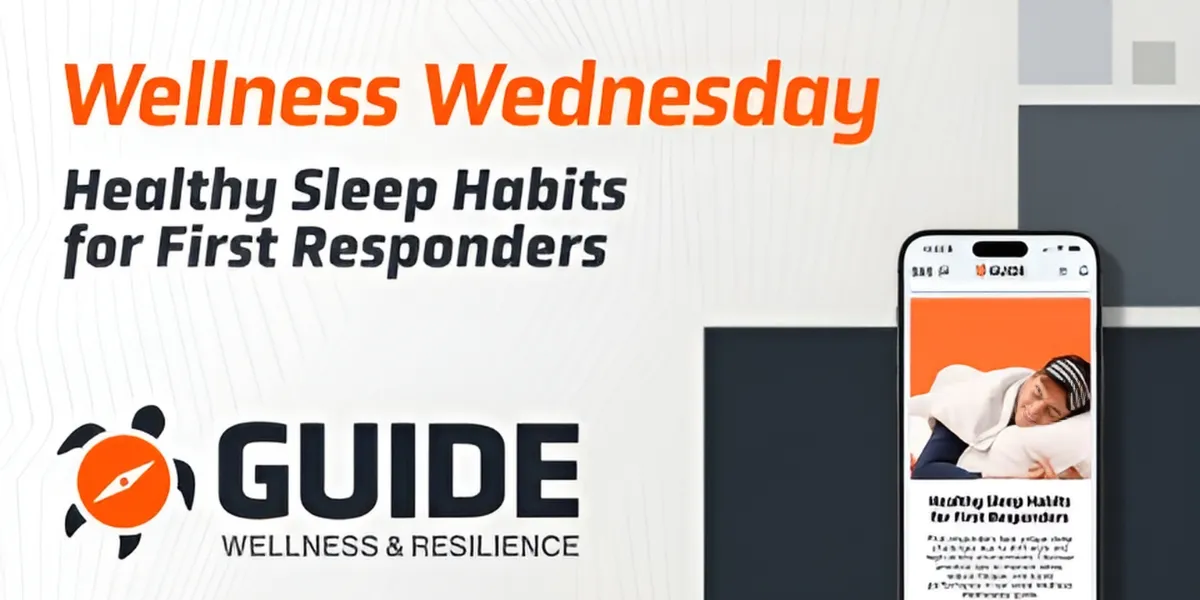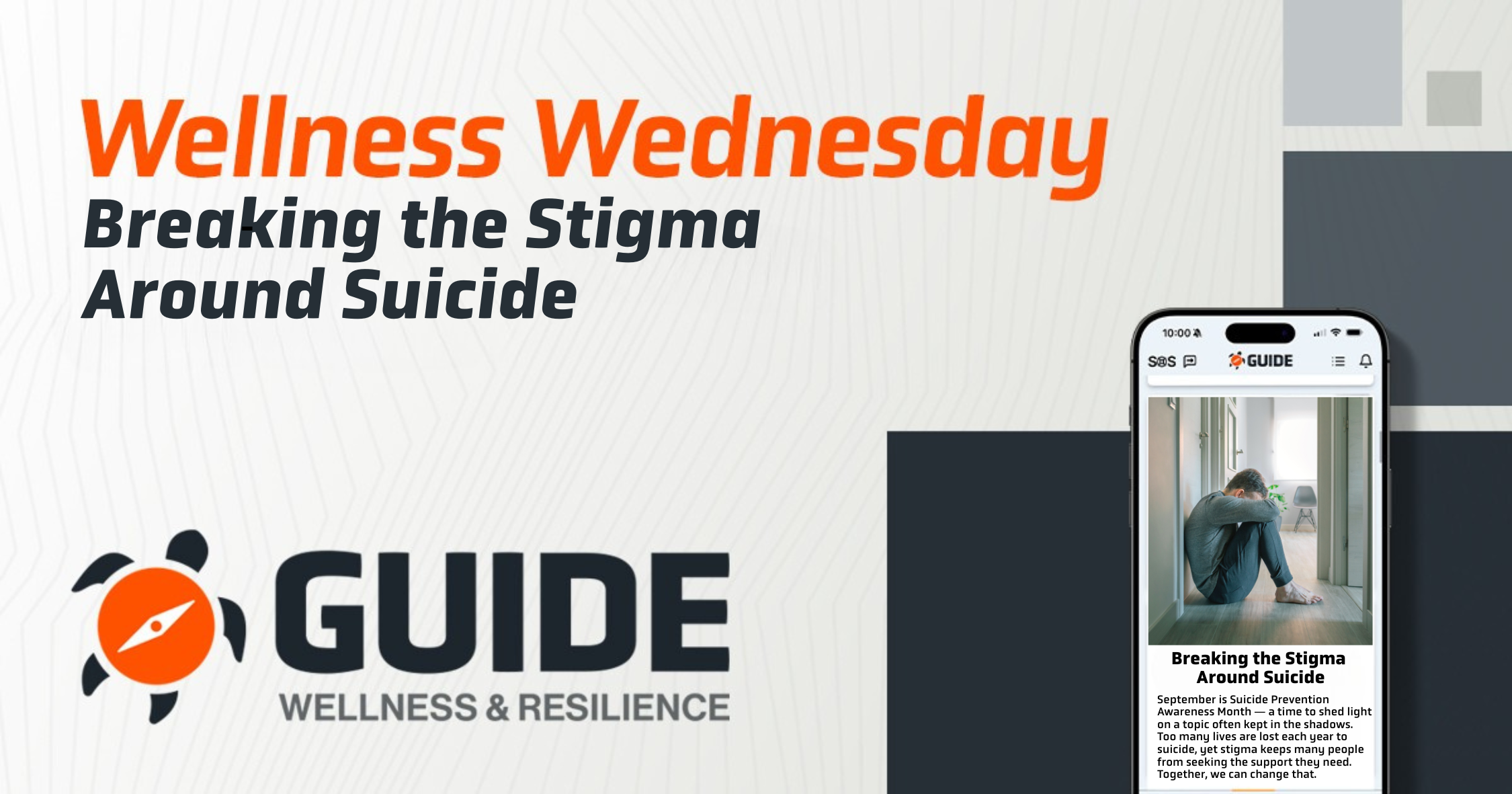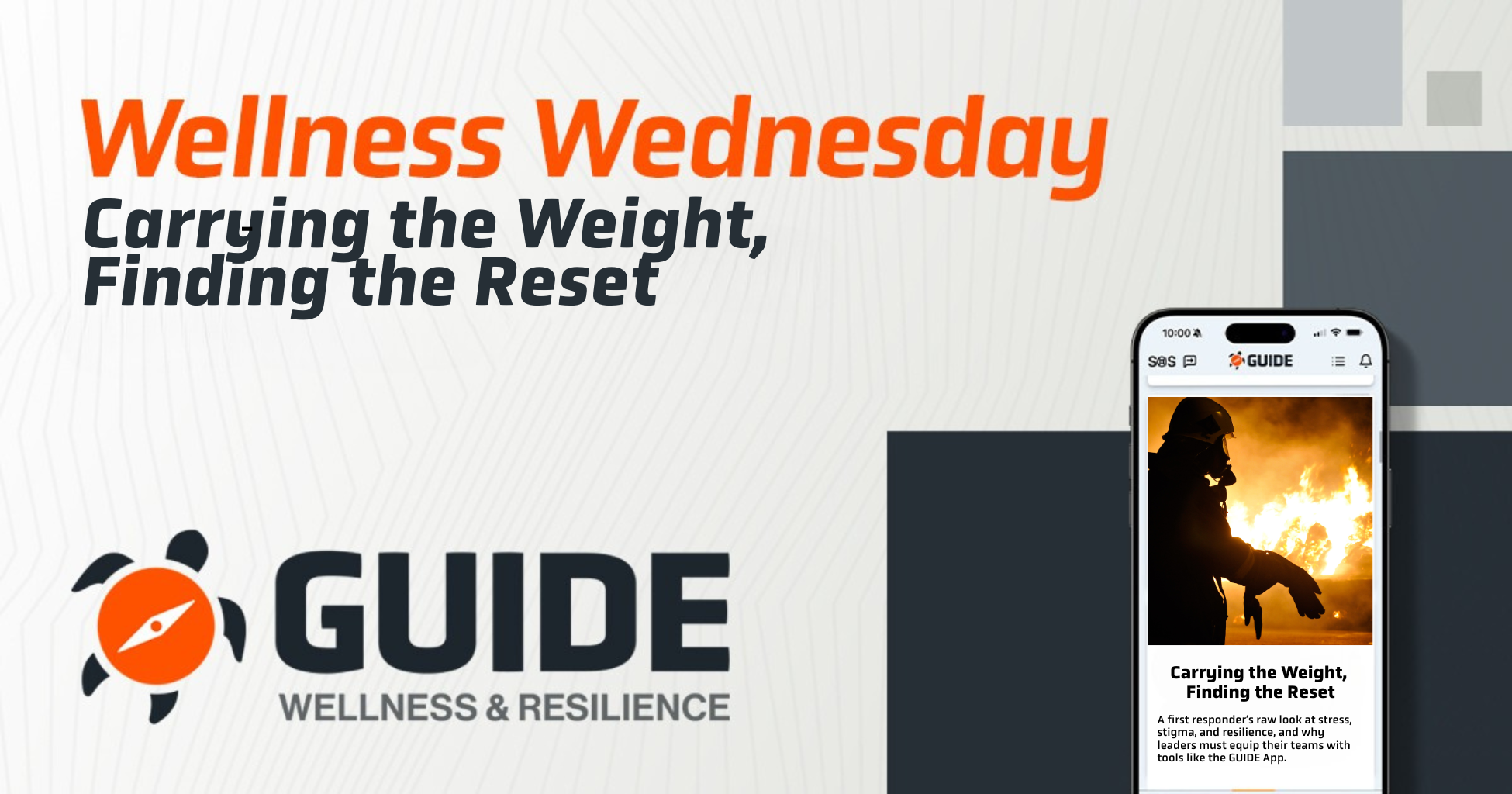Being a first responder means answering the call—day or night, rain or shine. Whether you’re a police officer, firefighter, paramedic, or other emergency professional, your schedule is anything but predictable. Long shifts, overnight calls, and high-stress situations can make getting quality sleep feel impossible.
But here’s the truth: sleep isn’t a luxury—it’s a necessity. Poor sleep affects reaction time, decision-making, mental health, and overall well-being. That’s why prioritizing healthy sleep habits is critical for your performance and safety—both on and off duty.
So, how can first responders improve their sleep despite demanding schedules? This guide will give you practical strategies to help you rest, recover, and recharge.
Why Sleep Matters for First Responders
Sleep is essential for:
✅ Physical recovery – Helps repair muscles and strengthen the immune system
✅ Mental sharpness – Enhances decision-making, reaction time, and problem-solving
✅ Emotional well-being – Reduces stress, anxiety, and burnout
✅ Heart health – Lowers blood pressure and decreases the risk of heart disease
✅ Energy levels – Keeps you alert and focused during long shifts
Unfortunately, shift work and high-stress situations make sleep difficult. Many first responders experience:
- Sleep deprivation – Chronic lack of rest leads to exhaustion and increased health risks
- Shift work disorder – Disrupts the body’s natural sleep-wake cycle, causing fatigue and brain fog
- High stress levels – Makes it harder to unwind and fall asleep
The good news? Even small changes can make a big difference in the quality of your sleep.
Healthy Sleep Habits for First Responders
1. Prioritize Sleep Like a Vital Task
You wouldn’t skip an important call, so don’t skip sleep either. Make it a non-negotiable part of your routine.
- Schedule sleep like an appointment. Add it to your daily plan, just like meals and workouts.
- Communicate your sleep needs with family and roommates so they respect your rest time.
- Don’t feel guilty about napping—short, planned naps can help fill sleep gaps.
2. Follow a Consistent Sleep Schedule (When Possible)
Shift work makes a “normal” sleep schedule tough, but consistency still helps.
- Try to go to bed and wake up at the same time—even on days off.
- Gradually shift your schedule before switching to a new shift to ease the transition.
- Use blackout curtains and white noise machines if you sleep during daylight hours.
3. Manage Light Exposure
Your body’s internal clock, or circadian rhythm, relies on light signals to know when to be awake or asleep.
☀️ During wake-up time:
- Get as much natural light as possible—step outside for a few minutes.
- Use a bright light therapy lamp if you’re on night shift.
🌙 Before bed:
- Avoid blue light from phones, tablets, and TVs at least an hour before sleep.
- Use red-tinted light bulbs or dim lights to signal bedtime.
4. Create a Sleep-Friendly Environment
Your bedroom should be a sleep sanctuary—cool, dark, and quiet.
- Set the temperature between 60-67°F for optimal sleep.
- Use blackout curtains or a sleep mask to block daylight.
- Turn on a white noise machine or use earplugs to drown out outside sounds.
- Invest in a good mattress and pillows—you spend a third of your life in bed!
5. Be Smart About Caffeine and Food
What you eat and drink affects how well you sleep.
☕ Caffeine guidelines:
- Avoid caffeine 4-6 hours before bed—even if you’re tired after shift work.
- If working nights, time your caffeine intake to avoid a crash when you need energy most.
🍽 Food habits:
- Avoid heavy meals right before bed—they can cause discomfort and indigestion.
- Opt for light, protein-rich snacks (like yogurt or nuts) if you’re hungry before sleep.
6. Wind Down Before Bed
Your brain needs time to shift from work mode to rest mode.
- Take a warm shower or bath to relax muscles.
- Practice deep breathing or meditation to calm your nervous system.
- Read a physical book instead of scrolling on your phone.
- Try progressive muscle relaxation—tighten and release each muscle group slowly.
7. Use Naps Strategically
Naps can be a game-changer if done right.
✅ Power naps (10-20 min) – Boost alertness without grogginess
✅ Extended naps (60-90 min) – Ideal for recovery on long shifts
❌ Avoid naps longer than 90 min – They can mess with nighttime sleep
8. Manage Stress to Improve Sleep
High-stress jobs can lead to racing thoughts and trouble falling asleep.
🧘 Ways to reduce stress before bed:
- Keep a “brain dump” journal—write down worries before sleeping.
- Try box breathing: Inhale for 4 seconds, hold for 4 seconds, exhale for 4 seconds.
- Listen to soothing music or nature sounds.
9. Know When to Seek Help
If you struggle with sleep despite making changes, you might have sleep apnea, insomnia, or shift work disorder.
🚑 Signs you need professional help:
- Loud snoring or choking sounds while sleeping
- Extreme fatigue even after rest
- Difficulty falling or staying asleep regularly
A sleep specialist can provide custom solutions based on your work schedule.
How to Improve Sleep on Different Shifts
🚓 Night Shift Workers
- Stick to a consistent sleep schedule even on off days.
- Wear sunglasses on your way home to avoid bright sunlight triggering wakefulness.
- Sleep in a cool, dark room with blackout curtains.
🚒 Rotating Shift Workers
- Gradually adjust your sleep by shifting bedtime by 1-2 hours before schedule changes.
- Use strategic naps before and after shifts.
🚑 24-Hour Shift Workers
- Take planned naps (20-30 minutes) when possible.
- Focus on getting quality rest on off days to make up for lost sleep.
First responders dedicate their lives to helping others—but your health matters, too. Prioritizing sleep isn’t selfish—it’s essential for keeping you sharp, focused, and ready for the job.
Even with unpredictable schedules, small adjustments can lead to better sleep, improved mental health, and greater resilience. Take it one step at a time, and give yourself grace.
When you’re well-rested, you’re not just a better first responder—you’re a healthier, happier human being.




